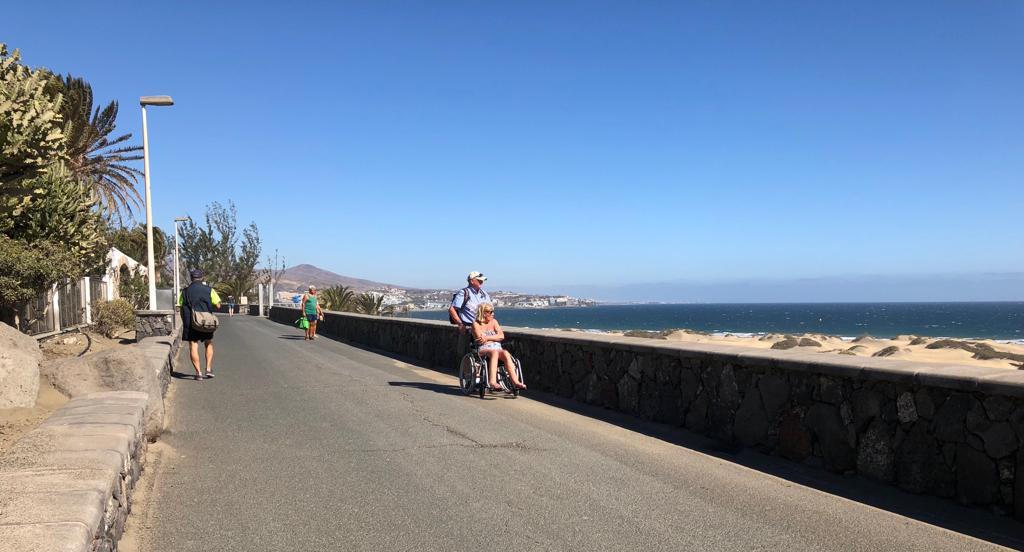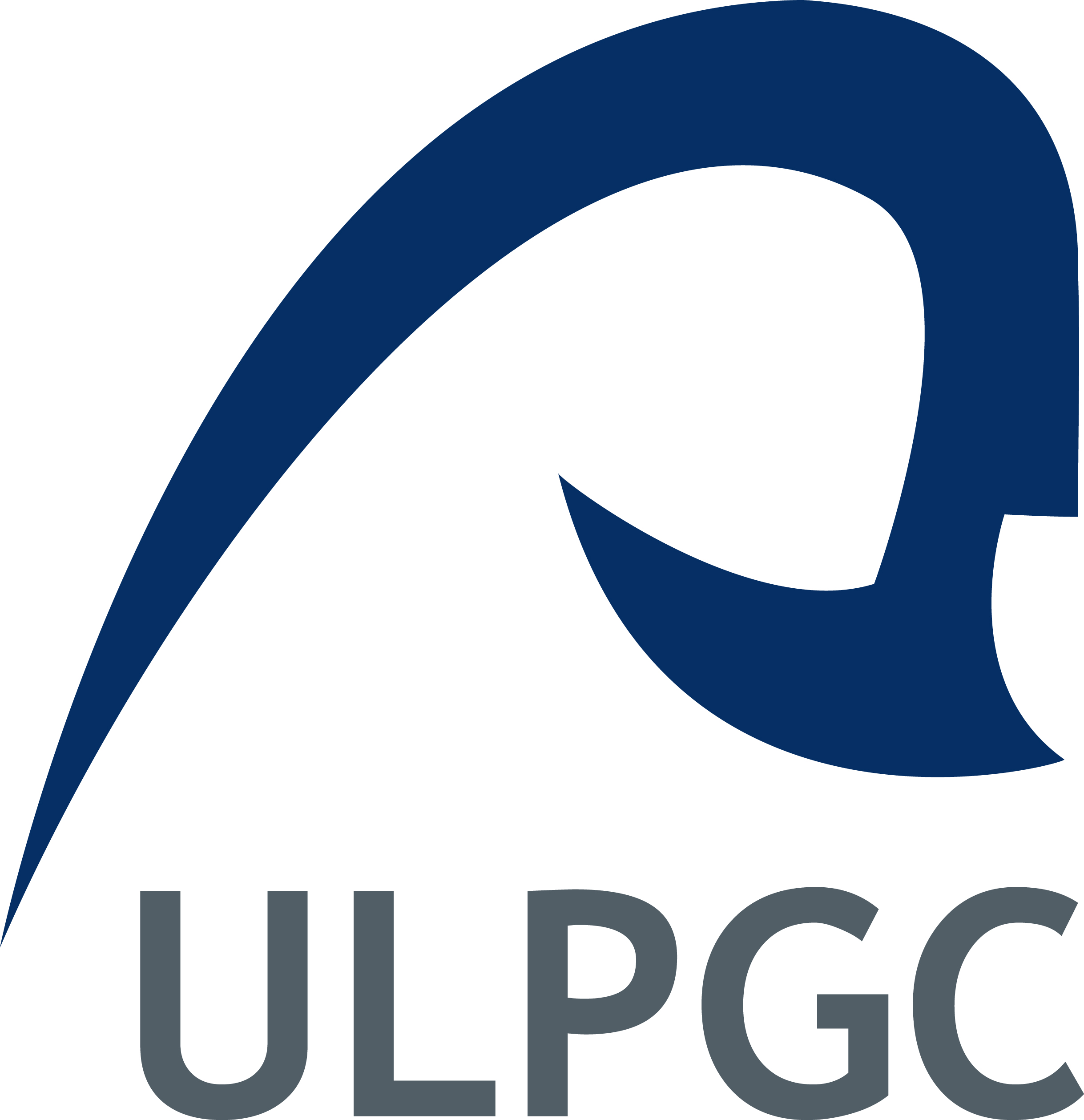Ph.D. Program in Oceanography and Global Change at the Canary Islands, Spain
The research is part of two research lines of the IOCAG's Geografía Física y Medio Ambiente research group, where the value of the natural and cultural heritage in coastal areas are related and its impact on global change: (1) 'Global change and landscape planning' and (2) 'Coastal areas: natural processes and human interactions'. Heritage is a key resource element in the tourist activity, where the accessibility must be an essential attribute. In this line, Accessible Tourism constitutes a current social priority for the World Tourism Organization (UNWTO) and the European Network for Accessible Tourism (ENAT).
The aim of this project is to evaluate the accessibility of coastal heritage circuits and to design different adapted itineraries, using some tools that facilitate the interpretation of existing resources. In this context, we need to know how the users arrive at the patrimonial elements considered and the degree of accessibility of the routes they use. To implement this analysis we have used Geographic Information Systems. Specifically, we have developed a network analysis taking into account some variables some variables related to accessibility such as: the slope or the width of the sidewalk.




